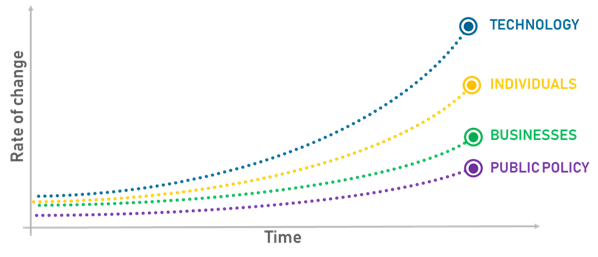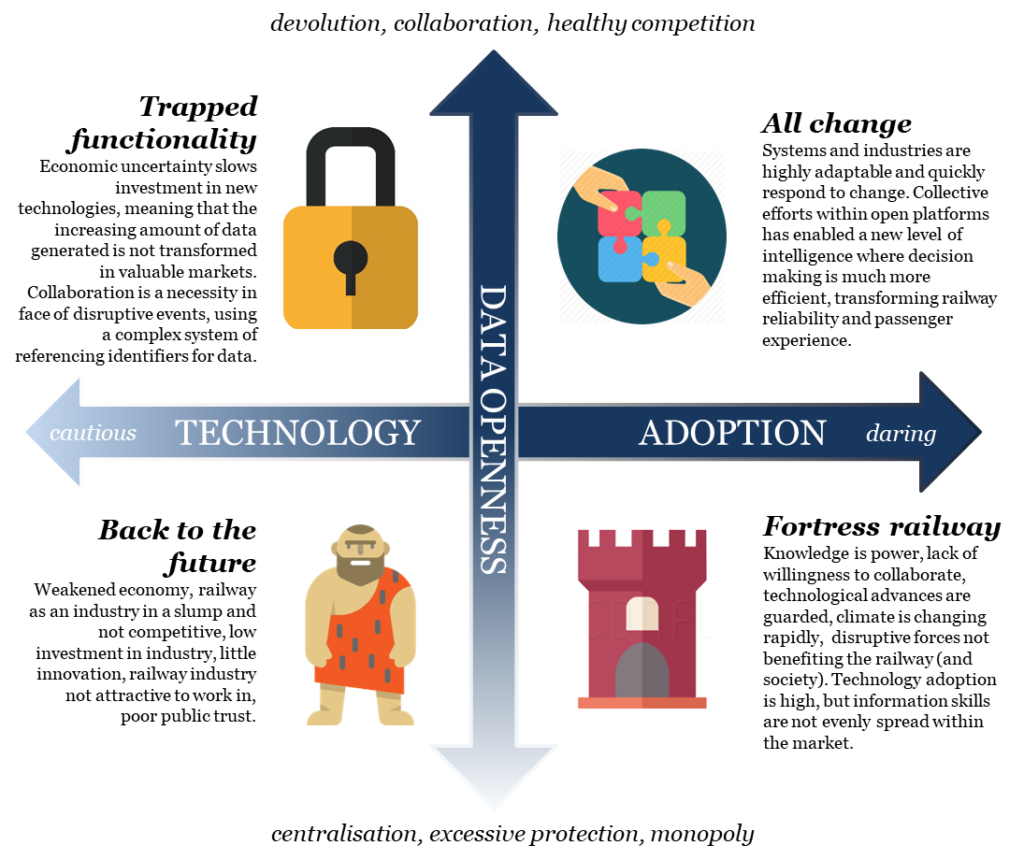
Dr Marcelo Blumenfeld, Industrial Fellow in Introducing Innovation, talks about the disruption to the Rail Supply Chain, lack of resilience in our systems and using this pandemic as a wake up call.
Needless to say the global impacts of the COVID-19 pandemic are unprecedented – all the hashtags, webinars, and blog posts have told us many times already. All sectors have been dramatically affected as the lockdown measures take a toll on normal operations and transactions and rail is no exception. The current crisis is preventing us from optimising systems: transport services are disrupted due to lack of staff, significant changes to users’ demand and lock-down priorities.
In fact, this entire global halt may have put an end to ‘normal as we know it’. Even more so, our inability to run alternative operations highlights how our systems are lacking resilience to exceptional changes. While some will panic about the long time it is likely to take to get things back to normal, I recommend we look at this as a wake-up call to repair obsolete models.
In all fairness, the days of business as usual were already numbered. If we consider the socio-economic challenges and environmental burdens of the status quo, the pandemic has only accelerated the inevitable crisis where our systems would become outdated because of the rapid changes we have been witnessing in terms of technology and social behaviour.
The rate of change of technologies and societies inevitably outpace that of businesses because the former are driven by disruption whereas the latter are driven by incremental adaptation. Incremental adaptation is enough when the environment is constant. Yet, under changing conditions, effective adaptation can only be achieved by radical innovation.

The idea of radical innovation refers to deliberate disruptive changes in systems that break from the business-as-usual trends in order to increase resilience within uncertainty. If there is something that the two crises so far this century have taught us, it is that disruption now occurs at a faster pace. In exchange, it requires us to plan and design systems that consider multiple scenarios and be able to adapt to them.
This approach to innovation has become a cornerstone of the work we do at BCRRE to support partners in introducing innovation. We focus on developing solutions that are robust, resilient and adaptive so that they can survive disruptions and continue to generate value during their entire life cycle.
A recent example of our expertise in this area was the Foresight project on the future of railway asset management systems. We undertook a robust scenario analysis with expert inputs to generate four possible futures under a combination of two parameters.

Knowing that technological improvements and user demands will change more rapidly than business processes, we mapped out the essential functional components of a solution to test against a number of disruptive events for each scenario. That helped us understand the main features that the system will require and trace back a technological roadmap that specified the capabilities needed at each step of intervention.
In conclusion, although impactful, crises are an excellent opportunity to establish innovation towards adaptability in a world that is only going to change at a faster pace. The drastic measures required by this crisis show us that forecasts and predictions are pointless in the transport sector where systems and operations are a result of intentional design. As disruption becomes an inevitable uncertainty of our future, it is up to us to adapt or continuously fall behind. Quoting the famous Nobel Prize winner Dennis Gabor: “the future cannot be predicted, but futures can be invented”.
You can follow this up with Marcelo via email on railway@contacts.bham.ac.uk
